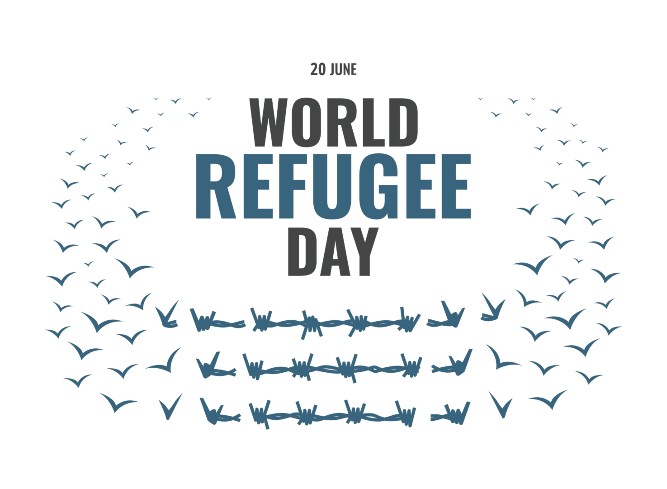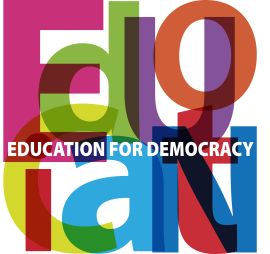On 17 June 2024, the event “Hand in hand to support the integration of refugees - education, training and recognition of qualifications” co-organised by the Council of Europe, France Education International, the University of Lyon 2 and the Association “Réfugiés dans l’enseignement supérieur” explored practical tools and programmes helping refugees to continue their studies.
This event is “the culmination of several years of work and attempts to structure our systems” said Mr James Walker, Vice-Chairman of the Board of Directors at Université de Lyon 2.
Ms Jutta Seidel, Senior Legal Associate at the UNHCR Representation to the European Institutions in Strasbourg, recalled that “access to education, including higher education, is a human right that must be guaranteed to everyone, including refugees”.
This right to education and the right to have the fair assessment of refugees’ qualifications even if those are not fully documented, is the core element of the Article VII of the Council of Europe/UNESCO Lisbon Recognition Convention as stated by Ms Catherine Dreyer, Head of Higher and further education unit at the Education Department of the Council of Europe. The European Qualifications Passport for Refugees contributes to the implementation of the CoE Education Strategy and was endorsed by the EHEA Ministers of Education in the recently adopted Tirana Communiqué.
Having the right to fair assessment however does not mean that all evaluated refugee candidates will have the positive outcome. As stated by Mr Martin Beyer, Director of the Diploma Recognition Department of France Education International - ENIC NARIC France, it means to be “fair with everyone” but it also means that some qualifications can be recognised whereas some cannot. Mr Beyer pointed that “the EQPR is not a “gift voucher”, it is based on honesty thanks to interviews conducted by our credential evaluators”.
Following the event, 120 refugees and/or asylum seekers are having their qualifications assessed by eight team of credential evaluators from 18 to 21 June 2024 within the European Qualifications Passport for Refugees. Eight countries out of 221 which joined the EQPR are represented among the evaluators’ teams during this week. The outcomes of those assessments will be known by the middle of July 2024.
The possible impact on refugees’ lives but also on higher education institutions can be seen in the EQPR video produced in 2022.
For more information on the EQPR, please visit the Project Webpage.
1 Albania, Andorra, Armenia, Bosnia and Herzegovina, Canada, Croatia, France, Georgia, Germany, Greece, Ireland, Italy, Latvia, Moldova, the Netherlands, Norway, Poland, Portugal, Romania, San Marino, Serbia and the United Kingdom.




